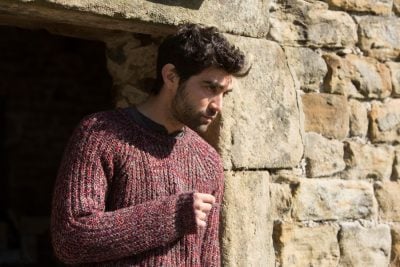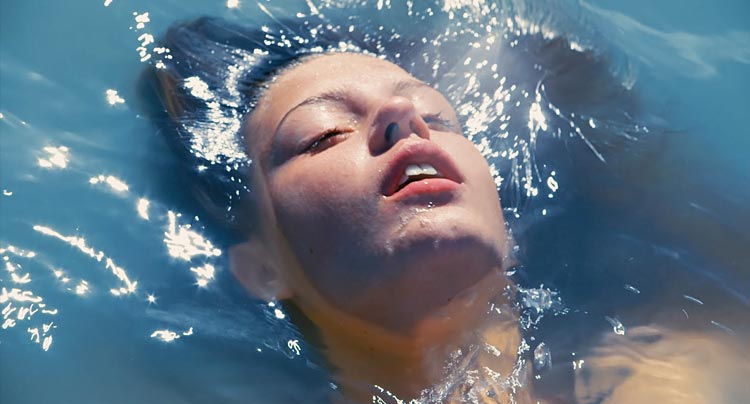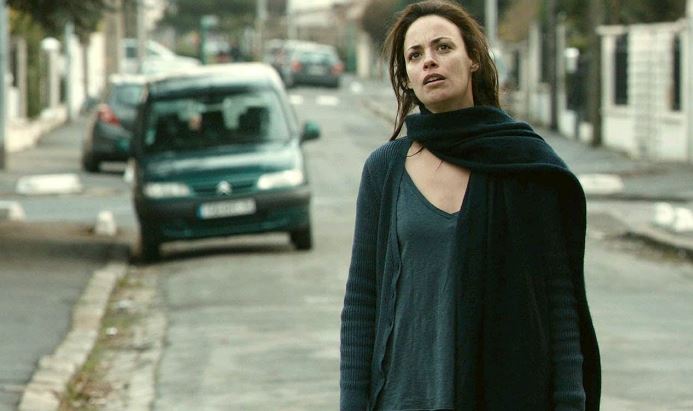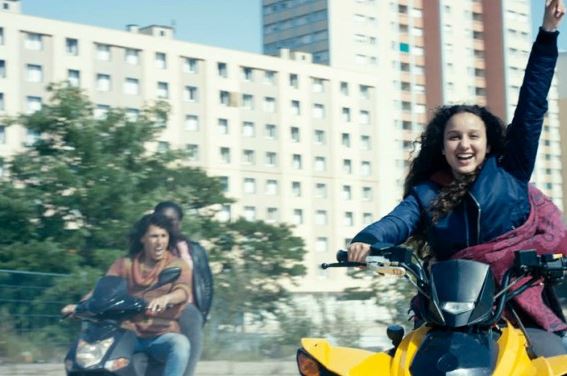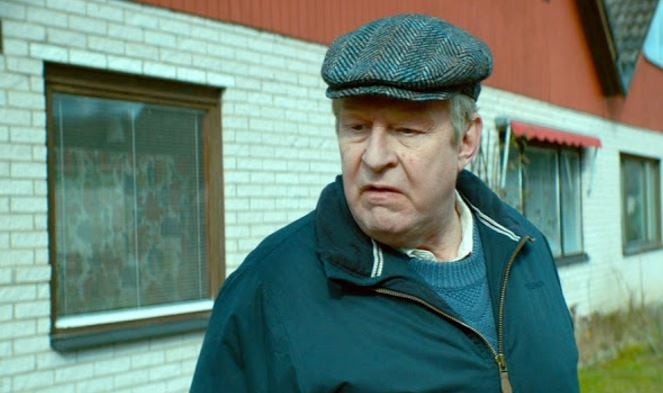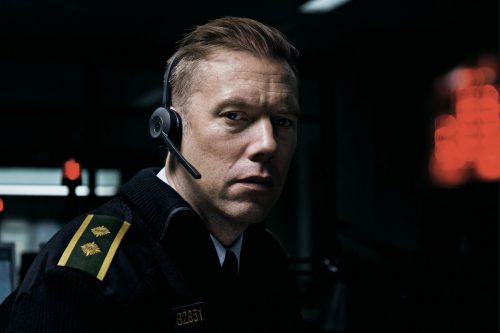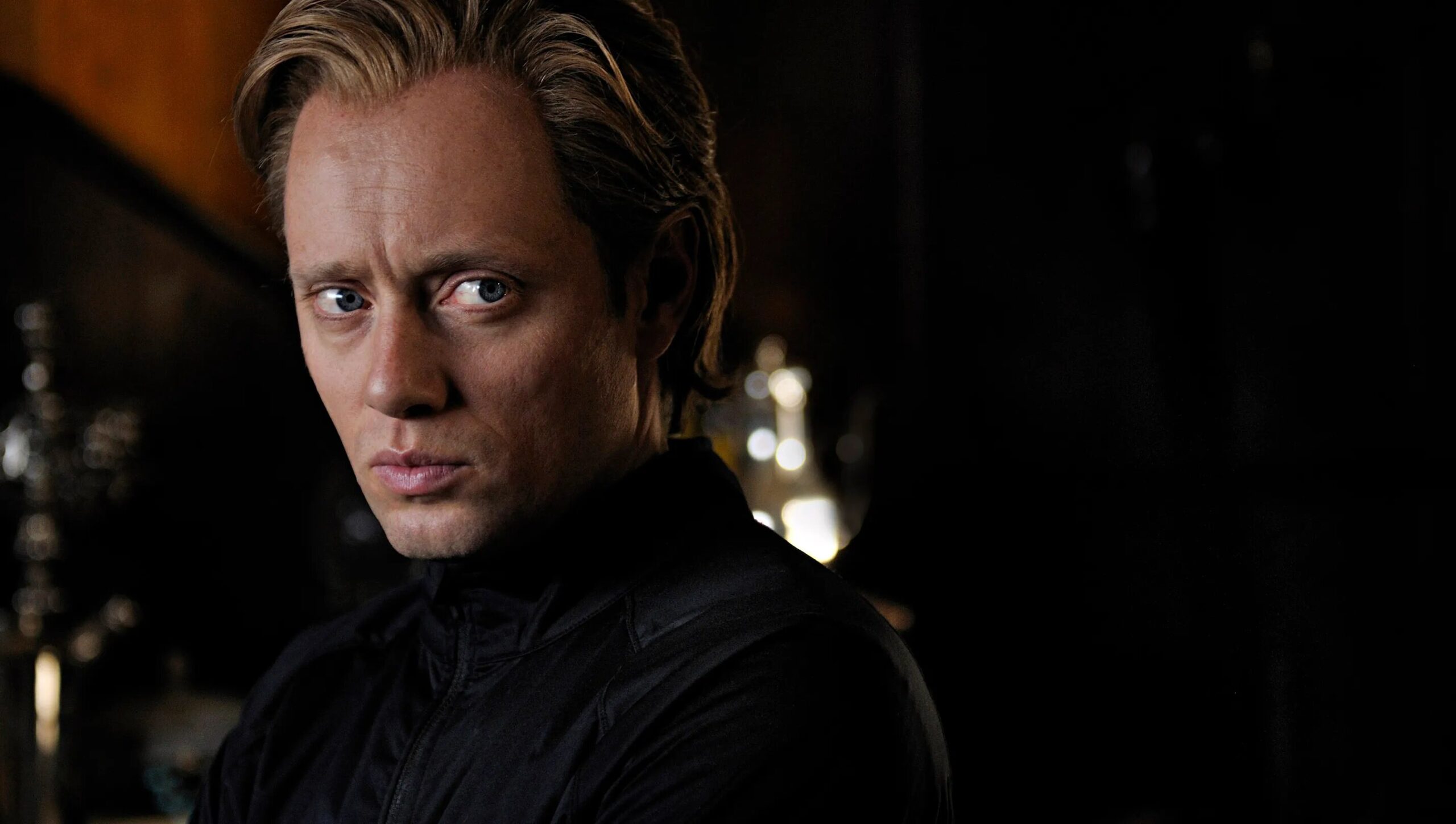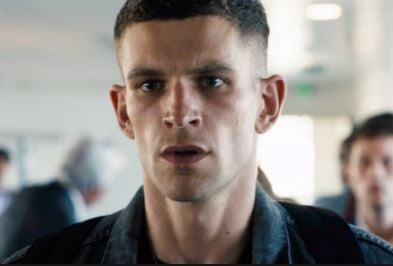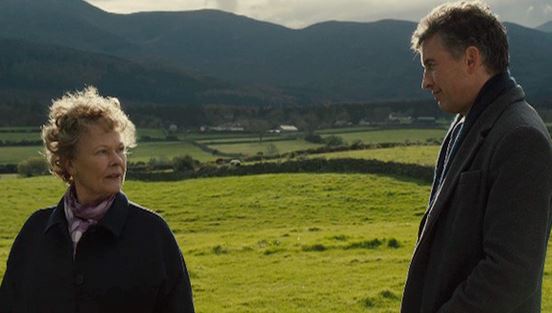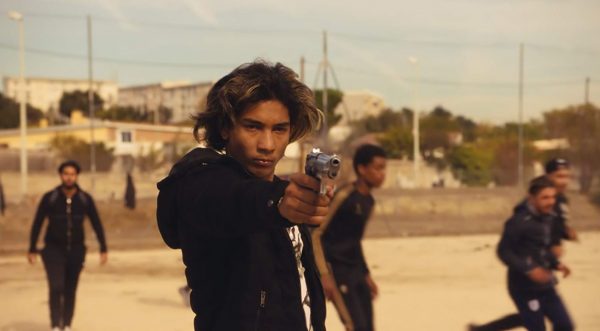
The 50 Best European Movies To Come Out Recently
March 25, 2025
Share:
You can’t talk about cinema without talking about its place of origin: Europe. Throughout the twentieth century, even as wars raged across the continent, Europe was crowned The Other Hollywood, and it’s easy to see why. From German expressionism, with masterpieces like Metropolis (1927), through to Italian Neo-realism and the New Wave of the swinging sixties, the continent turned out some of the world’s most diverse and influential film movements.
While cash-cow Hollywood blockbusters have come to define the eras that followed, contemporary European productions remain a driving force of cinematic innovation in spite of their comparatively modest budgets. To bring this point home, we present 50 of the best European movies to come out in the past ten years.
Read also:
11. God’s Own Country (2017)
Genres
Director
Actors
Moods
You might call Francis Lee’s spellbinding debut a Call me By Your Name without the privilege and pretentiousness, and we think it’s a better movie because of it. God’s Own Country tells the story of Johnny Saxby (Josh O’Connor), a farmer’s son who is trapped working on the family farm, who dulls his frustration and misery with binging at the pub and aggressive sex with strange men—his true desire is not so much repressed by society’s rampant homophobia here, but by his family’s emotional callousness. When his strict and icy father suffers a stroke, things get worse for him still. Then, during lambing season, help arrives in the shape of watchful, radiant, and strikingly handsome Romanian seasonal worker, Gheorghe (Alec Secareanu), whose warmth of character and professional competence feels threatening to Johnny at first. But when they withdraw to the hills to repair a stone wall, Johnny’s aggression gives way to passion as Gheorghe helps him to feel, to love, and to see beauty in the country around him. God’s own country. A beautiful, stirring, and passionate debut!
12. Blue Is the Warmest Color (2013)
Genres
Director
Actors
Moods
More simply called La Vie d’Adèle in its native language, this French coming-of-age movie was hugely successful when it came out and was probably one of the most talked-about films of the time. On the one hand, the usual puritans came to the fore, criticizing the lengthy and graphic sex scenes. On the other hand, Julie Maroh, who wrote the source material that inspired the script, denounced Franco-Tunisian filmmaker Abdellatif Kechiche for directing with his d*ck, if you don’t mind me saying so, while also being an on-set tyrant. Whatever you make of this in hindsight, the only way to know is to watch this powerfully acted drama about the titular Adèle (Adèle Exarchopoulos), and her infatuation with Emma, a free-spirited girl with blue hair, played by Léa Seydoux. The film beautifully and realistically portrays Adele’s evolution from a teenage high-school girl to a grown, confident woman. As their relationship matures, so does Adèle, and she slowly begins to outgrow her sexual and philosophical mentor. Whatever your final verdict on the controversial sex scene, Blue Is the Warmest Color is without doubt an outstanding film as are the performances from Exarchopoulos and Séydoux.
13. The Past (2013)
Genres
Director
Actors
Moods
A Good Movie to Watch features almost every work of Asghar Farhadi for the sole reason that his films, although highly acclaimed and brilliant, are criminally under-watched. As always, Farhadi offers complex, compelling, and contemporary drama and piercing insight into human relationships and emotions. Expect the twists, subtleties, and emotional limbo that you’re probably familiar with from A Separation or About Elly. That said, The Past is a bit different, because, for one, it focuses on romantic relationships, and, secondly, it plays in the far more permissive world of a Parisian suburb – and not in theocratic Teheran. Independent of its location, The Past’s key subject is the universally human phenomenon of having to deal with the choices made in the past. In addition to Farhadi’s intricate directing and the sensitive script, it is imperative to mention the powerful performances by Ali Mosaffa, Tahar Rahim, and, above all, Bérénice Bejo. An unforgettable experience.
14. Divines (2016)
Genres
Director
Actors
Moods
Winner of a Camera d’Or, the debutant’s prize at the Cannes Film Festival, Director Houda Benyamina’s first feature film is fast-paced and full of energy. Deep in the impoverished suburbs of Paris, the infamous banlieues, it tells the story of Dounia (played by Oulaya Amamra), a mouthy teenager who is not content with what society is prepared to hand out to her. She’s angry; she wants more. And so, together with her best friend Maimouna (Déborah Lukumuena), she decides to finally make some cash as a runner for a drug dealer. While there’s obviously some feminism in there somewhere, that’s not at the heart of what this film is about. It’s about the economic reality in a world of poverty and about two friends and their desire for freedom—no matter what the cost. An exhilarating and thought-provoking debut helped along by Amamra’s amazing acting.
15. A Man Called Ove (2015)
Genres
Director
Actors
Moods
Based on Fredrick Backman’s 2012 best-selling book of the same name, this Swedish hit comedy-drama introduces us to Ove, an elderly man who feels like his life is over. After losing his wife, the short-fused retiree spends his days grumpily enforcing block association rules in his neighborhood. He is your typical unhappy, old neighbor, somebody you would try to avoid. One new family does not give up and befriends Ove, played by an impeccable Rolf Lassgård, despite his best intentions to put them off. As the plot unfolds, however, you learn more about the story behind the man, and, in classic walk-a-mile-in-his-shoes fashion, start to find him rather loveable. After all, nobody is born grumpy and cynical. Naturally, this is a sweet and sentimental film. But an amazing lead performance and a charming, darkly funny script rescue it from drifting too far off the shore. The result is a wholesome, fun, and thoughtful dramedy with a beautiful message.
16. The Guilty (2018)
Genres
Director
Actors
Moods
Before you press play on this movie, we highly recommend you take a few very deep breaths. This 2018 thriller is wound so tight, you will need the extra oxygen to get through it without fainting. In his directorial debut, Swedish-danish filmmaker Gustav Möller uses very little in terms of resources to create this breath-taking atmosphere. While The Guilty feels like it was made on a $100 million budget, all it physically brings to the table is one man in a dark room. It plays with our imagination instead of blinding it with special effects. Similarly, the plot is also short and sweet: a police officer is temporarily sent to do emergency dispatch, when he receives a call that turns an ordinary shift into a hell ride. This is all we are going to give away before you’ve completed your breathing exercises. The movie’s minimalist approach is held together by great acting from Jakob Cedergre, a screenplay to match, and incredible sound design. A real white-knuckle ride.
17. Headhunters (2012)
Genres
Director
Actors
Moods
Fasten your seatbelts because this nasty little chase film will jerk the wheel when you least expect it, featuring balls-to-the-wall action and lots of Norwegian humor – dark humor that is. Based on a novel from the country’s most famous crime writer, Jo Nesbø, Headhunters is brutal, insane, and incredibly good. This twisting, turning thriller tells the story of a corporate recruiter (Aksel Hennie), who has a secret side hustle as a nightly art thief. He ends up being pursued by the charismatic Clas Greve, a Dutch businessman played by none other than GoT-star Nikolaj Coster-Waldau. And this plot summary is as far as you will get without the whole thing swerving into another direction. Headhunters does not slow down unless it wants to destabilise you further with simmering suspense. Like a Lars von Trier on speed, expect all the raw colors, emotion, and slightly off-kilter characters you want from a Norwegian production – and brilliant entertainment!
18. BPM
Genres
Director
Actors
Moods
Autobiographical in nature, 120 BPM is French screenwriter Robin Campillo’s first feature film. It revolves around the Parisian chapter of the AIDS advocacy group ACT UP, which Campillo was a member of in the early 1990s, and the love between Nathan, the group’s newest member, who is HIV negative, and Sean, one of its founding and more radical members, who is positive and suffers the consequences of contracting AIDS. Using fake blood and spectacular direct action, ACT UP advocated more and better research of treatment, prevention, and awareness. This was at a time when many, implicitly or explicitly, viewed AIDS as a gay disease, even as a punishment for the gay community’s propensity to pleasure and partying. The latter is reflected by the film’s title, 120 bpm being the average number of beats per minute of a house track. Arnaud Rebotini’s original score echoes the ecstasy-driven house music hedonism of the time with some effective original cuts, albeit with a melancholic streak. Because, for all the love, friendship, and emotion of the ACT UP crew that BPM so passionately portrays, anger and sadness pervade the lives of these young people as the lack of effective treatment threatens to claim the lives of their loved ones.
19. Philomena (2013)
Genres
Director
Actors
Moods
An inspired by true events tale about an elderly Irish woman trying to find the child she was forced to give up many years earlier. Steve Coogan co-wrote the script and, though the base story is a tragic one, his special brand of very subtle, wry wit is apparent in the dialogue throughout. Judi Dench plays the mother who had kept her “sinful” past a secret for fifty years and, being Judi Dench, I don’t need to bother going on about her exemplary talent, suffice to say she’s charming beyond measure in the role. Steven Frears directs, as usual, deftly, and keeps the story compelling scene after scene, intensifying the emotions inherent to each, whether they be heart-warming, comedic, or outright enraging. Whoever decided to let Steve Coogan have his way with the script, it was a brave and wise choice and together this cast and crew have produced a wonderful and important piece of cinema.
20. Shéhérazade (2018)
Genres
Director
Actors
Moods
A gritty and realistic thriller set in France’s notorious capital city of crime – Marseille.
Zachary is released from Juvenile prison to learn that his mother has abandoned him. He finds kinship in an underage sex worker by the name of Shéhérazade.
This seems like the set-up for a tough watch, but Shéhérazade plays like a romance when it’s slow, and a crime thriller when it’s fast (it’s mostly fast). Everything about the story and two leads’ relationship rings true. Added to the fact that it has no interest in emotionally manipulating you, the movie is more gripping and thought-provoking than sad.
A great story, fantastic acting from the cast of first-timers, and outstanding direction give the feeling that Shéhérazade is bound to become a modern classic. If you liked City of God, you will love this.
Read also:
Comments
Add a comment
Ready to cut the cord?
Here are the 12 cheapest Live TV streaming services for cord-cutting.
More lists
Lists on how to save money by cutting the cord.
Curated by humans, not algorithms.
© 2025 A Good Movie to Watch. Altona Studio, LLC, all rights reserved.
